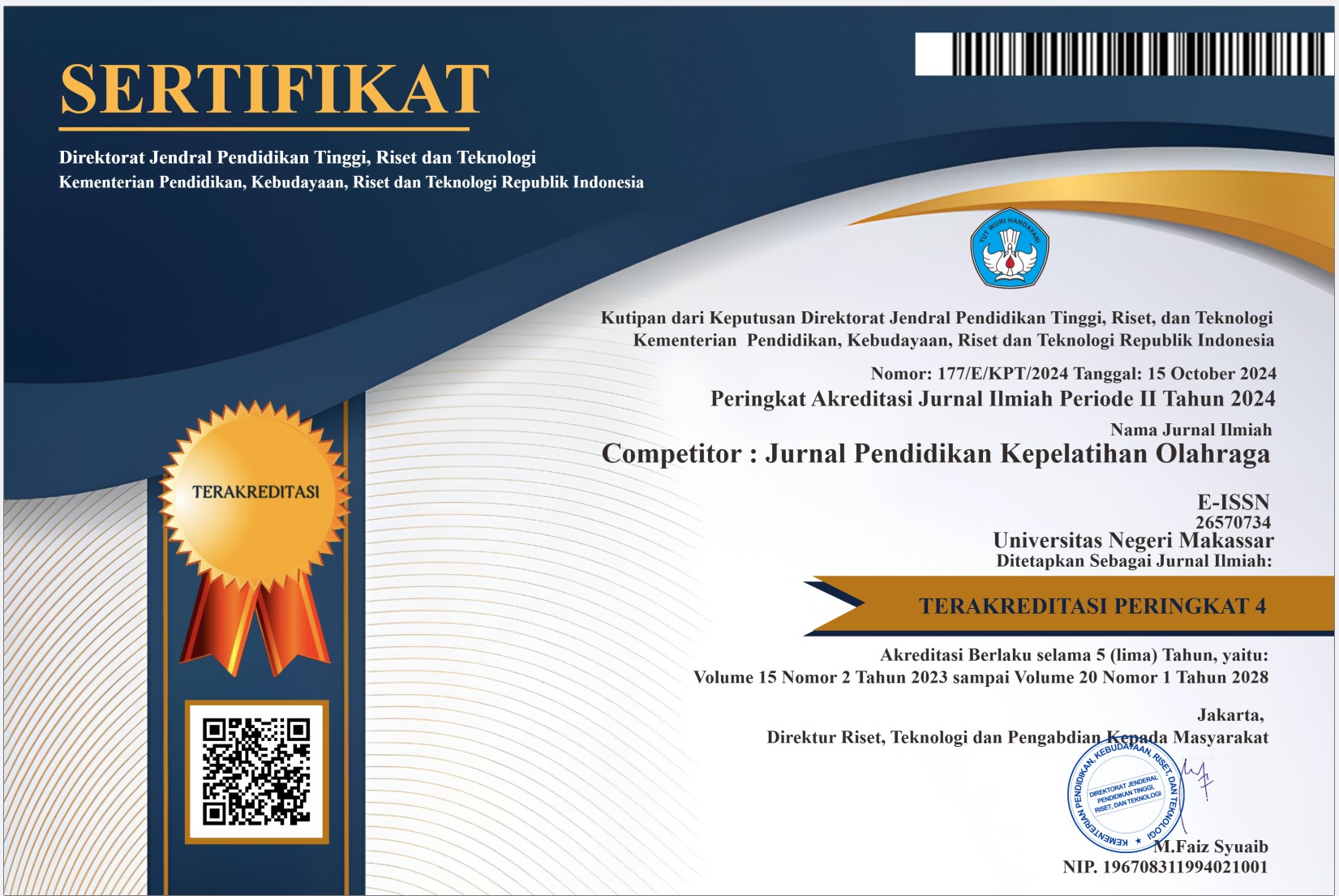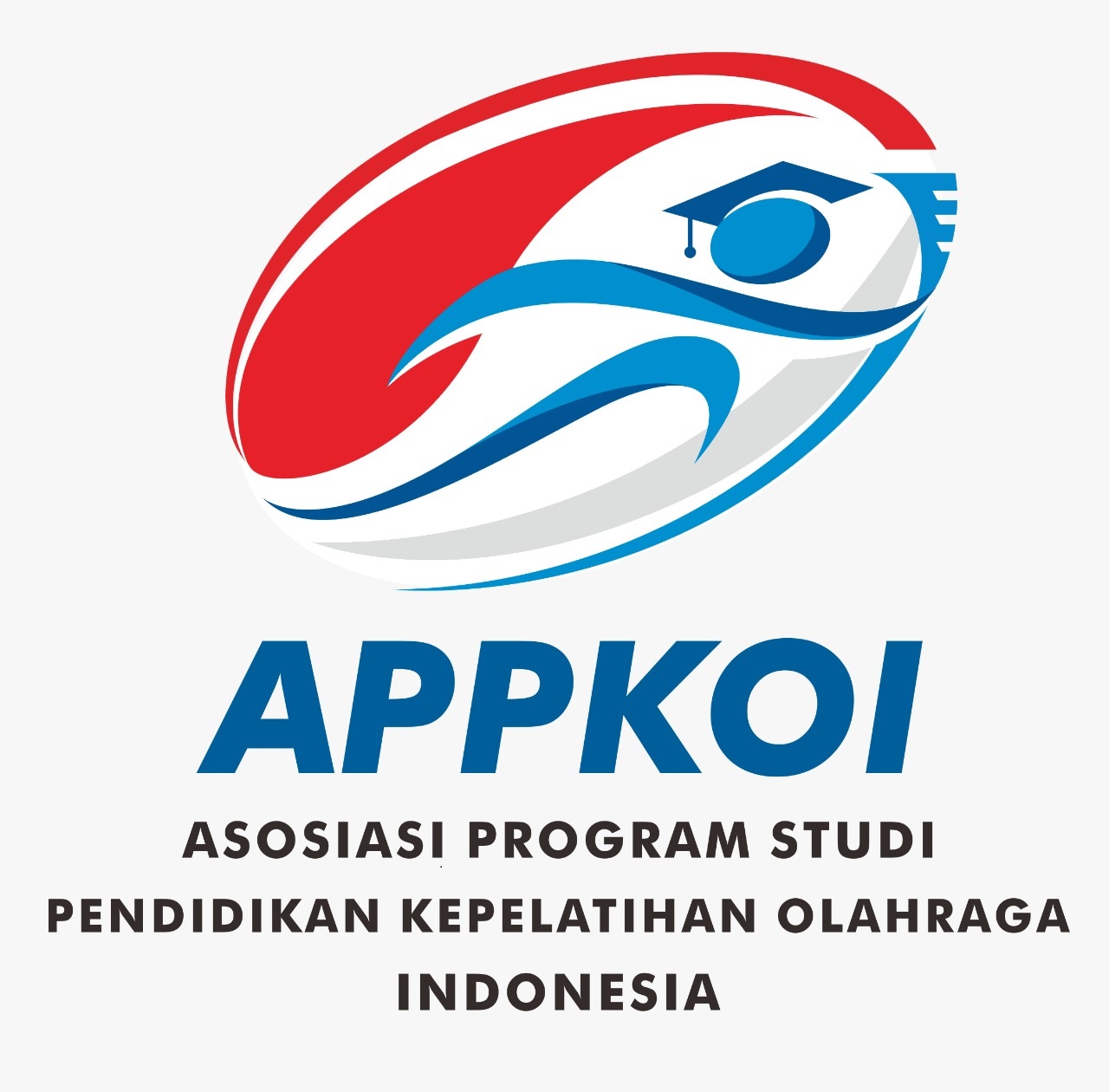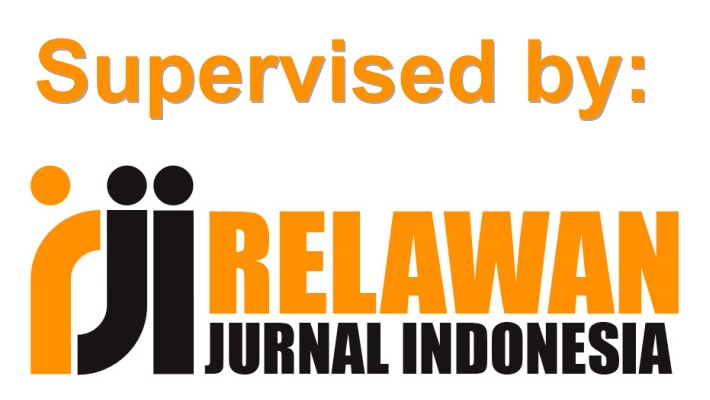The Philosophical School Of Empiricism in Early Childhood Education
DOI:
https://doi.org/10.26858/cjpko.v17i2.109Kata Kunci:
Early Childhood; Education; PhilosophicalAbstrak
This journal aims to explain briefly but deeply about the philosophy and its application in the world of education. The main focus of this journal is to examine the main teachings of empiricism, the types and characteristics of this school of thought, and how these thoughts influence education, especially early childhood education. To obtain relevant and accurate data, the author uses a literature study method by reviewing various literature sources that support the research topic. Empiricism is a school of philosophy that believes that knowledge comes from experience and sensory observation. Therefore, learning according to this view should emphasize direct experience and real interaction with the environment. In the context of early childhood education, empiricism encourages an active, concrete, and exploratory activity-based learning approach for children. One of the main figures in this school of thought is John Locke. He put forward the concept of tabula rasa, namely that a child's mind is initially like a blank sheet of paper that will be filled through experience. Locke's view provides a strong basis for the importance of the role of education in shaping an individual's personality and knowledge from an early age.
Referensi
Dewantara Ki Hajar. 2013. Ki Hajar Dewan Tara Bagian Pertama: Pendidikan Ref. Ed. Yogyakarta: UTS-Pess.
Nuswantoro Dian. Reprositori Universitas. https://repository.dinus.ac.id/docs/ajar/FILSAFAT_EMPIRISME.docx
Hamidah. 2015. Filsafat Umum. Palembang: NoerFikri Offset.
Hasan Maemunah. 2009. PAUD (Pendidikan Anak Usia Dini). Yogyakarta: Diva Press
Fadlillah Muhammad. 2014. Desain Pembelajaran PAUD. Yogyakarta: Ar-RuzzMedia.
Jalaludin dan Idi Abdullah. 2009. Filsafat Pendidikan. Jakarta: Ar-Ruzz Media.
Marliang dan Fitri Maylan Haq. 2024. Epistomologi Empirisme. Epistemologi Empirisme | M | Madani: Jurnal Ilmiah Multidisiplin.
Masdatillah Wafiq Zahira, dkk. 2025. Aliran – aliran dalam Pendidikan. Jurna: Available Online at: https://ejurnal.stie-trianandra.ac.id/index.php/JUBPI
Perdana Rahmad Putra. 2023. Pengantar Ilmu Pendidikan. Jawa Barat: CV. Adanu Abimata.
Praja S. Juhana. 2020. Aliran – aliran Filsafat & Etika. Jakarta: Kencana.
Poedjawijatna. 1997. Pembimbing ke Arah Filsafat, cet. 10, Jakarta: Rineke Cipta.
Saebani Beni Ahmad dan Komaruddin Koko. 2016. Filsafat Manajemen Pendidikan: Pengantar Prof. Dr. H. Juhaya S. Pradja, M.A. Bandung: CV. Pustaka Setia.
Sujiono, Yuliani Nuriani. 2009. Konsep Dasar Anak Usia Dini. Jakarta: PT Indeks.
Syafril dan Zen Zrlhendri. 2017. Dasar-dasar Ilmu Pendidikan. Depok: Kencana.
Wijana I. Nyoman, Listiawati Ini Putu dan Ekaningtyas Ni Luh Drajati. 2020. Pengantar Filsafat Ilmu. Surabaya: CV. Jagad Media Publishing.
Unduhan
Diterbitkan
Terbitan
Bagian
Lisensi
Hak Cipta (c) 2025 Yusnita, Septa Puteri Puspitasari , Cence Melsing, Jaryadi, Dianyta Putri, Darwin Effendi (Author)

Artikel ini berlisensi Creative Commons Attribution 4.0 International License.





















